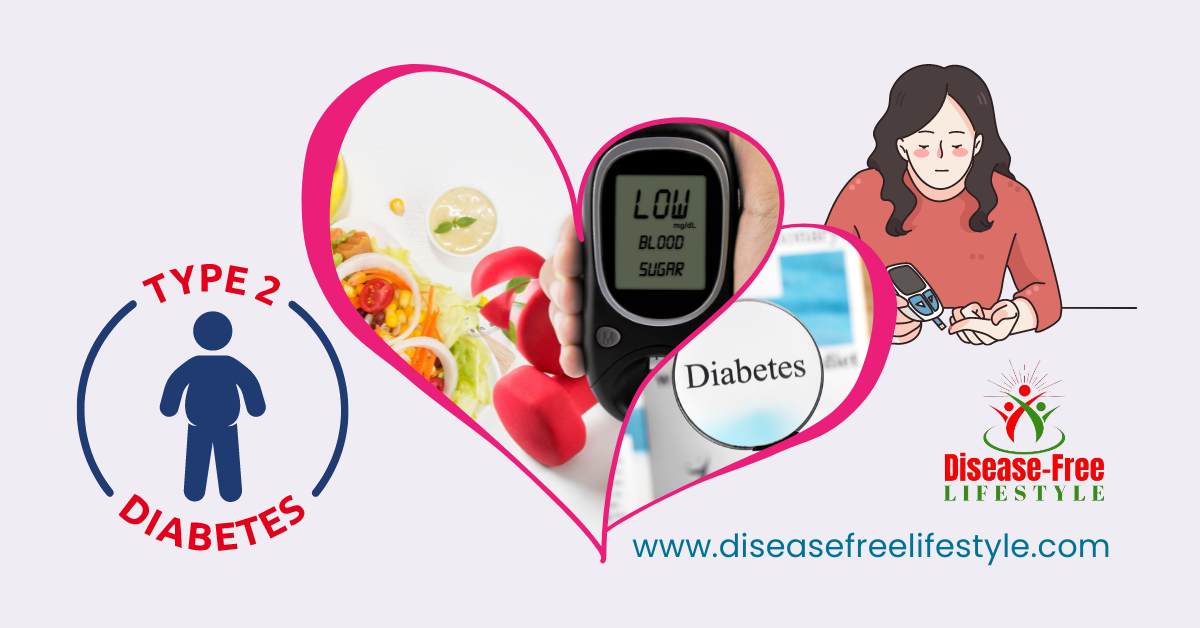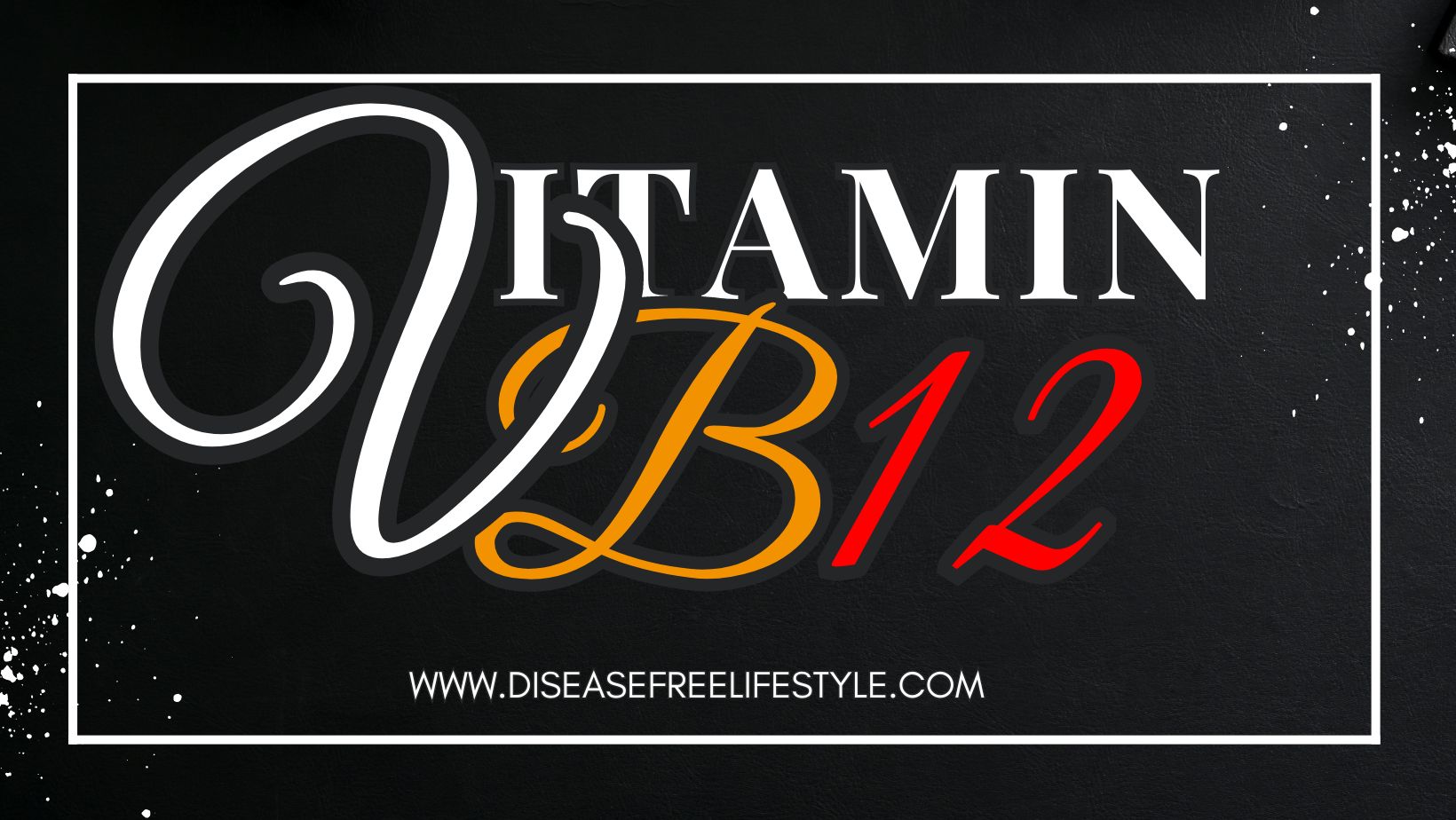Diabetes and heart stroke are two interlinked conditions that pose significant health risks worldwide. Effective management of diabetes is crucial not only for maintaining blood sugar levels but also for reducing the risk of heart stroke. This article explores the strategies that individuals can adopt to manage diabetes effectively and mitigate the risk of heart stroke.
Understanding the Link Between Diabetes and Heart Stroke
Diabetes affects the body’s ability to produce or use insulin effectively, leading to elevated blood glucose levels. Over time, high blood sugar can damage blood vessels and nerves, which increases the risk of cardiovascular diseases, including heart stroke. Therefore, managing diabetes is a critical step in preventing heart-related complications.
Lifestyle Modifications for Diabetes Management
Diet and Nutrition
A balanced diet plays a pivotal role in managing diabetes. Individuals should focus on:
- Whole Foods: Incorporate a variety of fruits, vegetables, whole grains, and lean proteins into your diet.
- Carbohydrate Counting: Monitor carbohydrate intake to maintain blood sugar levels.
- Healthy Fats: Choose sources of unsaturated fats, such as avocados, nuts, and olive oil, over saturated fats.
Physical Activity
Regular exercise helps control weight, uses up glucose as energy, and makes cells more sensitive to insulin. Aim for:
- Aerobic Exercise: At least 150 minutes of moderate aerobic activity per week.
- Resistance Training: Include strength training exercises at least twice a week.
Weight Management
Maintaining a healthy weight is essential for managing diabetes and reducing heart stroke risk. Even a modest weight loss can have a significant impact on your health.
Smoking Cessation
Smoking can exacerbate the harmful effects of diabetes on the heart. Quitting smoking is one of the most powerful steps in protecting your cardiovascular health.
Medical Management of Diabetes
Blood Glucose Monitoring
Regular monitoring of blood glucose levels helps in making informed decisions about diet, activity, and medication.
Medications
A range of medications, including insulin and oral drugs, are available to manage diabetes. Adherence to prescribed medication is vital for effective diabetes control.
Regular Health Check-ups
Routine visits to healthcare providers for comprehensive check-ups can help detect and manage any complications early.
Reducing Heart Stroke Risk
Blood Pressure Control
High blood pressure is a major risk factor for heart stroke. Managing blood pressure through lifestyle changes and medication is crucial.
Cholesterol Management
High levels of LDL (bad) cholesterol can lead to plaque buildup in arteries, increasing stroke risk. Dietary changes, physical activity, and medication can help manage cholesterol levels.
Aspirin Therapy
For some individuals with diabetes, aspirin therapy may be recommended to reduce the risk of stroke. However, this should only be taken under medical supervision.
Conclusion
Managing diabetes and reducing the risk of heart stroke requires a multifaceted approach that includes lifestyle changes, medical treatment, and regular monitoring. By understanding the link between these conditions and adopting a proactive stance towards health, individuals with diabetes can lead healthier lives and significantly reduce their risk of heart stroke.
Remember, it’s important to consult with healthcare professionals for personalized advice and treatment plans tailored to individual health needs.
N.B:
This article is for informational purposes only and should not be considered as professional medical advice. Always consult with a healthcare professional before making any changes to your lifestyle or treatment plan.










